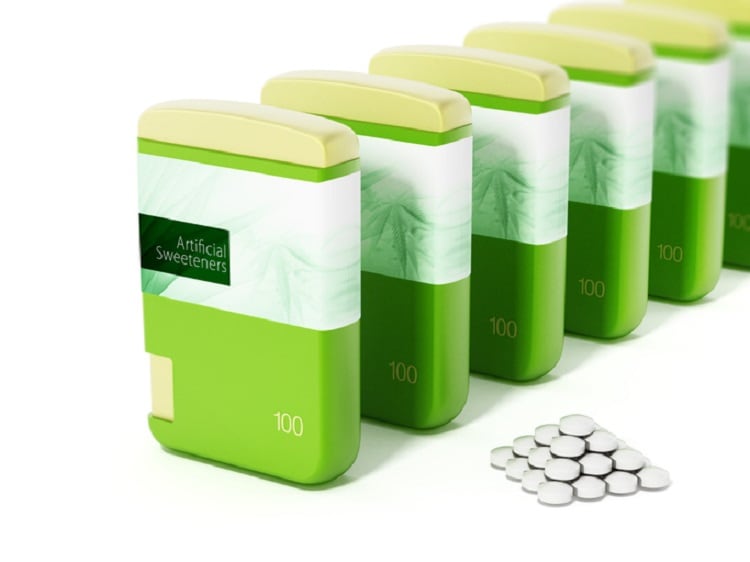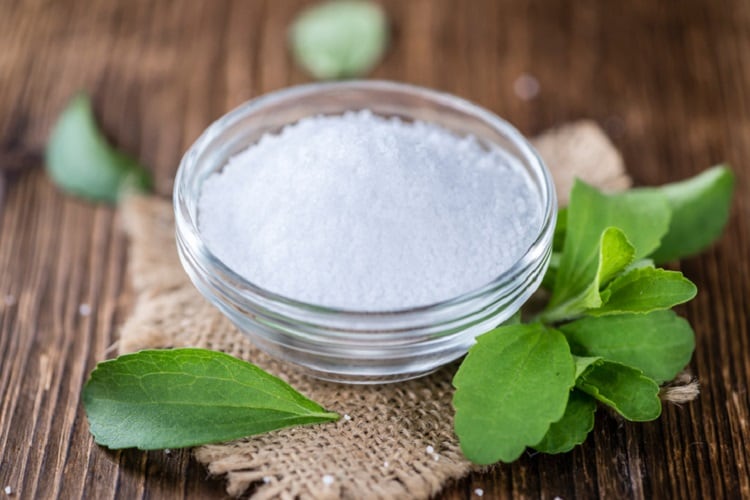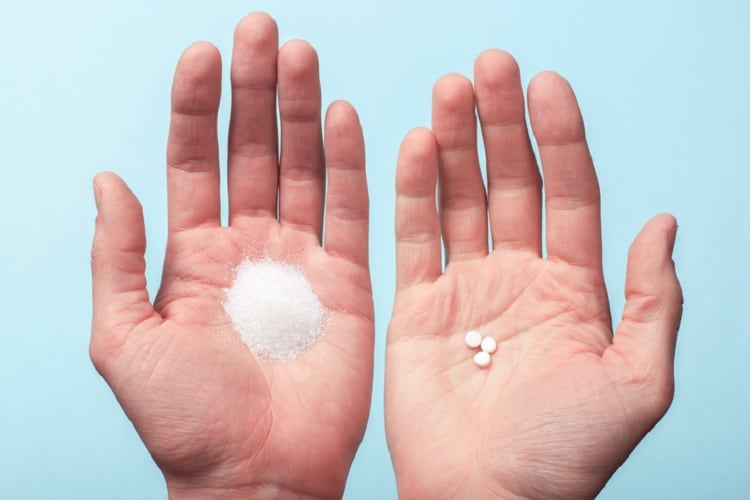The BfR has investigated the stability of sucralose and its potential to form possibly harmful chlorinated compounds when heated to high temperatures.
Sucralose is a zero-calorie artificial sweetener. The sugar substitute has been approved as food additive E 955 in the EU since 2004, and can be found in sweet beverages, condiments, chewing gum and baked goods.
According to the BfR’s findings, when sucralose was heated to temperatures of approximately 120°C to 250°C – during both the industrial production and processing of foods; and by consumers when cooking or baking foods at home – the artificial sweetener became dechlorinated.
This, the BfR said, could possibly lead to the generation of chlorinated organic compounds with potential health risk for consumers. Such compounds could include polychlorinated dibenzo-p-dioxins (PCDDs), dibenzofurans (PCDFs) or chloropropanols.
Are these findings conclusive?
No. The BfR’s assessment looked at comprehensive literature research and currently available data to make its findings.
However, according to the Institute, available data are not sufficient to permit a definitive assessment of the potential health risks.
“…There is still a lack of data on the identity of toxic reaction products and on the extent to which these products are formed during the heating of foods containing sucralose to the temperatures that occur during baking, deep-frying and roasting,” writes the BfR in its opinion No 012/2019.
“It is therefore not possible to estimate exposure levels.”
The International Sweeteners Association (ISA), which represents manufacturers and users of low calorie sweeteners, has similarly highlighted to members that the BfR’s finders were ‘non-conclusive’.
“…The ISA points to scientific opinions from food safety authorities around the world which, in line with the overwhelming body of evidence available, have consistently confirmed that sucralose is safe.”
Here, the Brussels-based association refers to safety assessments to which all low and no-calorie sweeteners are subjected prior to market approval.
“Studies on sucralose in baked products such as cakes and cookies show that sucralose does not break down nor does sucralose react with other food compounds to form new compounds,” the ISA continued.
The Calorie Control Council (CCC) has similarly backed the status of the safety of sucralose. “The current body of evidence continues to show sucralose is a safe and stable ingredient and should continue to be used alongside other sweeteners to reduce sugar and total calories in the diet.”
Conflicting views, now what?
Whereas the ISA and CCC, among others, stand by the European Food Safety Association (EFSA)’s assessment of sucralose – which authorised the sweetener for use in the EU in 2004 – the BfR has recommended consumers hold out for conclusive findings.
“Until a conclusive risk assessment is possible, the BfR advises consumers and food producers not to heat foods containing sucralose to temperatures reached during baking, deep frying and roasting or only to add Sucralose after the foods have been heated.”
The German institute has also recommended high priority be attributed to the re-assessment of sucralose than to other sweeteners, and that ‘existing data gaps’ be closed.
“These are data gaps with regard to the identification of reaction products and the extent to which they are formed during relevant production and processing stages.
“The necessary information should be requested from sucralose producers during the re-evaluation process, as they are required to prove the safety of the food additive sucralose as the entities that distribute it to market.”





